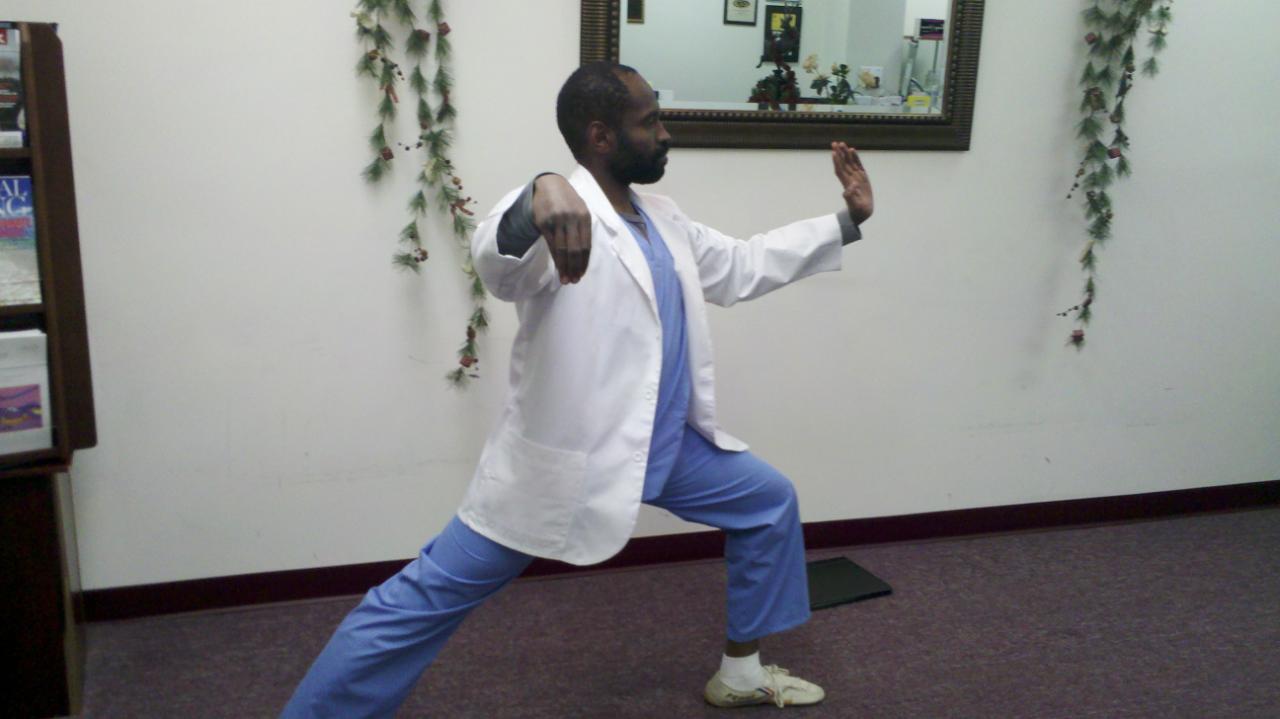In the beginning of Fall, I am always looking for ways to improve my immune system. One of the ways that is done is through our Wei Qi! (“Way Chi” pronunciation in English).
What is Wei Qi
In Traditional Chinese Medicine (TCM), Wei Qi, also known as defensive energy, is considered a vital force that circulates on the surface of the body, serving as a protective shield against external pathogenic factors such as viruses and bacteria. It is closely associated with the lungs and is believed to be strengthened by the air we breathe. A strong and balanced Wei Qi is synonymous with robust immune health, acting as the first line of defense against illnesses and infections.
When the Wei Qi is weak or imbalanced, the body becomes more susceptible to external pathogens, leading to a compromised immune system and increased vulnerability to illnesses, including allergies. Allergies, in the context of TCM, can be perceived as a manifestation of an imbalance in Wei Qi, where the body overly reacts to external stimuli, mistaking them as threats.
Strengthening the Wei Qi through practices such as acupuncture, proper nutrition, and lifestyle adjustments can contribute to enhanced immune resilience and a balanced response to allergens, potentially alleviating allergy symptoms and improving overall well-being.
1. Strengthening the Wei Qi:
- Balanced Diet: Consuming a balanced diet with adequate nutrients is crucial. Foods rich in vitamins and minerals, especially vitamin C, can help strengthen the immune system and Wei Qi.
- Regular Exercise: Regular physical activity can help in maintaining the flow of Qi and blood throughout the body, thus strengthening the Wei Qi.
- Adequate Rest: Getting sufficient sleep and rest is essential for maintaining the strength of Wei Qi and overall well-being.
- Stress Management: Managing stress through relaxation techniques such as meditation, yoga, or tai chi can help in maintaining the balance of Qi.
2. Association with the Lungs:
- Deep Breathing: Practicing deep breathing exercises can help in strengthening the lungs and maintaining the flow of Qi.
- Avoiding Smoking: Smoking can damage the lungs and impair the flow of Qi. Avoiding smoking and secondhand smoke is crucial for lung health.
- Protecting Against Cold and Flu: The lungs are associated with the immune system in TCM. Keeping the lungs healthy by protecting against cold and flu can help in maintaining the balance of Qi.
- Acupressure and Acupuncture: Regular sessions can help in maintaining lung health and strengthening the Wei Qi. Points like LU9 (Tai Yuan) are often targeted for lung-related issues.

3. Seasonal Considerations:
- Dressing Appropriately: During fall, it’s important to stay warm and protect against wind and cold to prevent the invasion of pathogenic Qi.
- Eating Seasonal Foods: Consuming foods that are in season, such as root vegetables and squash, can help in maintaining balance during the fall.
4. Regular Acupuncture Sessions:
- Regular acupuncture sessions can help in maintaining the balance of Qi, strengthening the Wei Qi, and preventing illnesses. It can be particularly beneficial during the transition between seasons.
5. Herbal Remedies:
- Certain herbal remedies and supplements, prescribed by qualified practitioners, can help in strengthening the Wei Qi and maintaining the health of the lungs.
Conclusion:
By integrating these tips into daily life, individuals can embrace acupuncture theory to strengthen the Wei Qi, maintain lung health, and achieve a balanced and harmonious state of well-being, particularly during the fall season when the body is more susceptible to imbalances and illnesses.
** This is intended to complement lifestyle and not replace recommended treatments from you healthcare provider such as the seasonal flu shot or covid-19 people. If we work together, we can keep people much healthier.
**This information is intended to be for educational purposes only. Please consult with you healthcare provider about and medical conditions or treatments.

Carlo St. Juste II, MAOM has a background in acupuncture with over 10 years of clinical experience, published author, and over 16 years in the Martial Arts. He has worked with various organizations to implement employee wellness programs and workshops including The City of West Covina, The City of Brea, Broadcom, University of Southern California (USC), American Suzuki, and Pomona College. He is dedicated to promoting integrative health and has seen the benefits of knowledge and implementation first hand.

